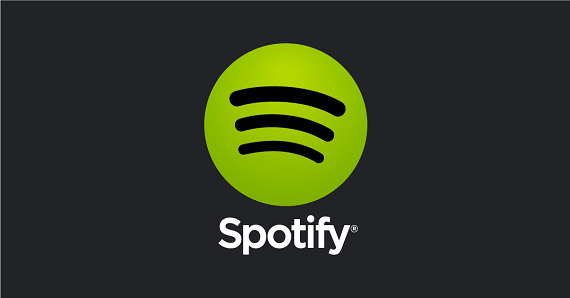
2014 was an interesting year for Spotify, as the music streaming service found itself in the middle of a huge controversy when Taylor Swift, one of the world’s top artists, took her music off and blasted the company for not respecting the artists on its platform.
Yet, the company has continued to grow at a rapid pace, despite the fact that it is now dealing with more competition than ever. In the midst of Swift-gate (is that what we are calling that? Because that’s what I’m calling it) Spotify revealed it had 50 million users.
And now, just two months after that, Spotify has added yet another 10 million active users, bringing it up to 60 million, it was announced in a short blog post on Monday.
I guess people don’t care very much about getting to listen to Taylor Swift.
While Spotify continues to grow both its active users, and paying subscribers, what it has not been able to do is change the percentages on those numbers. When it had 40 million active users in March of last year, 10 were paying, or 25%. When it had 50 million, 12.5 were paying or, again, 25%. And now Spotify has 15 million paying subscribers out of 60 million subscribers, keeping it at that same 25% marker.
For a company that is consistently mentioned as a potential IPO candidate, it no doubt wants to get a higher percentage of paying customers. As Venture Beat points out, the company tried to lure more paying customers in by opening up its free version on mobile at the end of 2013, though still in a more limited capacity; this may seem paradoxical, but the idea was likely that people would download the free version, and like it so much that they would want to pay for the complete experience.
The company has also been looking to bolster its numbers, and to fend off the competition, by entering new markets, including Africa, and to solidify its relationship with artists.
As I mentioned earlier, the artist relationship aspect of Spotify’s business took a pretty big hit last year. And it wasn’t just Taylor Swift who had a problem: earlier in the year, Jimmy Buffett flat out asked Spotify CEO Daniel Ek for a raise and Radiohead frontman Thom Yorke called the service, “the last desperate fart of a dying corpse.”
But there was a silver lining: in 2013 streaming rose 32%, to 118 billion songs streamed, while digital track sales suffered their first year to year decline, dropping by 6%, according to Mary Meeker’s 2014 Internet Trends report.
And, with that rise in streaming, so have revenues, as songwriters in Europe actually earned 13% more from Spotify than they did from iTunes in the first quarter of 2014.
With iTunes, where people pay per album or per song, artists receive a certain percentage of that sale; by some estimates around 20 cents per $1.29 album sold. For streaming services, though, artists are paid every time their song is streamed. While that may only mean around a penny per stream, that can really add up. For example, Kobalt Music Publishing, which administers more than 250,000 copyrights worldwide on behalf of over 1,200 content holders, says that streaming revenues now represent 10% of income, as compared to 3% in 2011.
Founded in 2006, the Swedish music-stream company has raised a total of $538 million. It most recently raised $250 million in a round led by Technology Crossover Ventures.
(Image source: spotify.com)
















